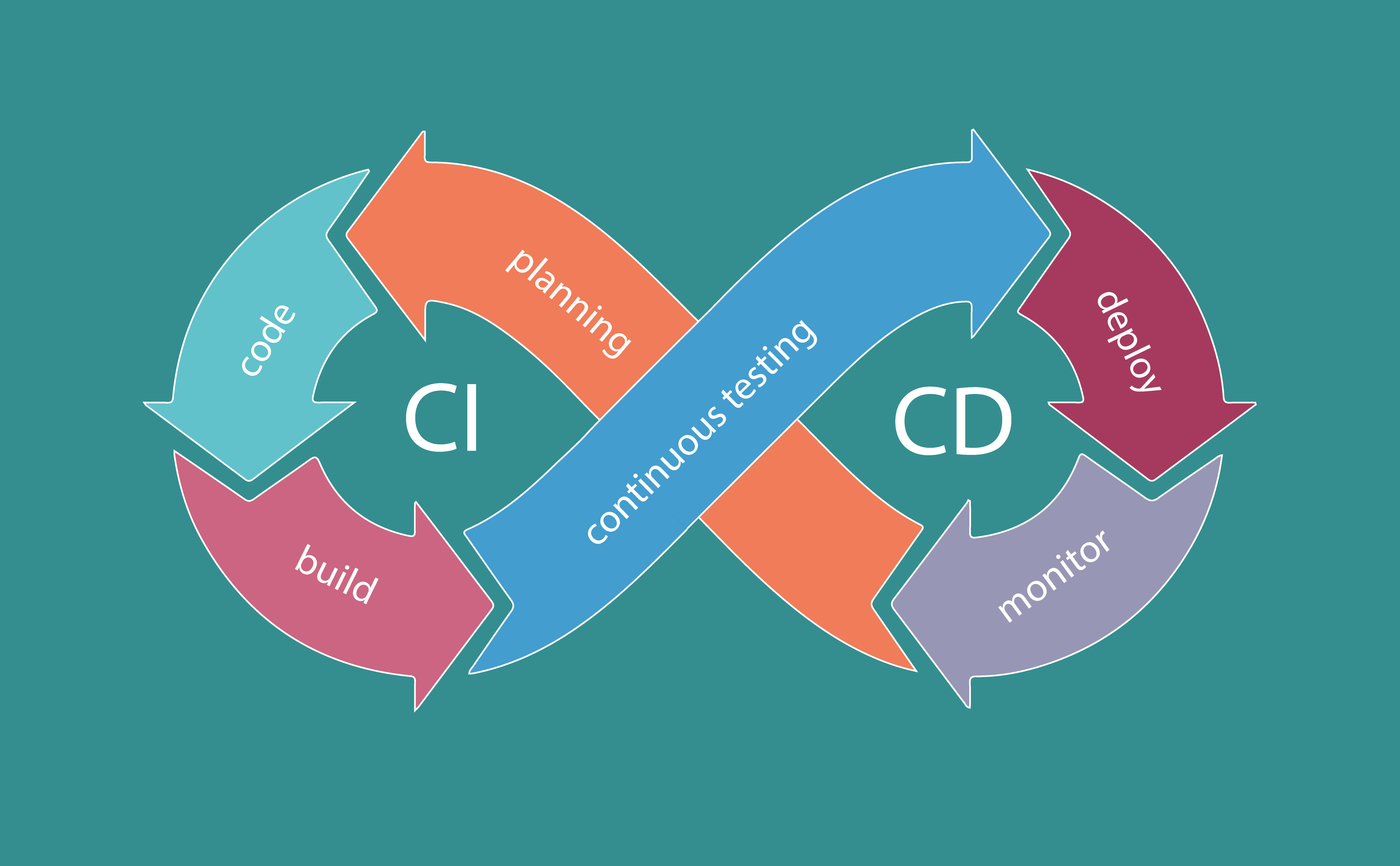BENEFITS OF AUTOMATION TESTING
Web applications today are getting more complex on a day to day basis. Stakeholders and clients have much bigger expectations of what web applications need to do these days. The days are gone having simple informative websites. Today a much more complex page with real time responses seems the new normal.
With that being said, web pages today consist of a lot of moving parts therefore testing needs to be up to date all the time, and this makes end-to-end testing more valuable than ever.
Bigger web applications means developers also need to work on test coverage but this mostly takes shape in the form of unit and functional tests, but unit and functional tests usually check certain parts of code in isolated instances.
But these parts often have to interact with other areas of an application. These kinds of tests won't point out if there's an issue with how two or more parts of the system work together.
Automated testing can increase business efficiency, decrease the time spent on testing by personnel.
This is where end-to-end testing comes in, they give the confidence that the entire application is functioning and working well together, with all these moving parts, not to mention end-to-end testing can also check that all your third party services are working.
Usually, manual testers will test the entire application and if any, third party services. But like most applications today, they are big and very complicated and it takes up a lot of time and resources for manual testers, this is where automation testing comes in.
Keep in mind that automation testing should not replace manual testing, but just regression testing.
It's very important to find a balanced testing approach. A balance automation testing approach can free up the manual tester and they can focus and spend their time on other high-value work like exploratory testing.
Manual testing should be minimized at all costs. Test automation increases overall software development efficiency.
I THOUGHT I WOULD SHARE SOME BENEFITS I HAVE PICKED UP ALONG THE WAY IN THE YEARS OF DOING AUTOMATION TESTING.
FASTER FEEDBACK CYCLE
With manual testing, feedback on new features can take a while. Automation helps to reduce the feedback cycle. Test automation is very useful because it helps you identify problems or bugs early in the development phase, which increases the team’s efficiency.
TEAM SAVES TIME
By automating your test it also improves communication with other departments and product owners who rely on the results of these tests. These departments can easily check reports generated of the automated tests and see what’s happening, and let's be honest, business like to see green on charts.
COMPLETE MORE TESTING IN A SHORTER TIMESCALE.
Testers can do more for less and projects can be delivered more quickly; helping to increase operational efficiencies
HIGHER TEST COVERAGE
Manual testing puts a limit on how many tests they can do on a daily basis. Automation allows you to spend time writing new tests and adding them to your automated test suite. This increases your test coverage, so that more features can tested and therefore you will get a higher test coverage
REUSABILITY OF TEST SUITE
To start, building your automated test suite is a challenge. But, once you have figured out your suite, it’s very easy thereafter to reuse tests for other use cases or even other projects. The advantage is that you can easily hook up another project or app to your automated test suite.
FASTER TIME TO MARKET
Newly developed features can be continuously tested and validated with test automation. This reduces the feedback and testing cycle and allows your business to bring products to the market faster.
TESTS CAN BE REPEATED EXACTLY.
Any tester can run a script created by another tester, without having to have the expert knowledge of the originator. Repeating an automated script delivers more consistent results.
LESS STRESS ON QA TEAM
By implementing an automated testing strategy, you allow your QA team to spend time on tasks other than manual testing.



